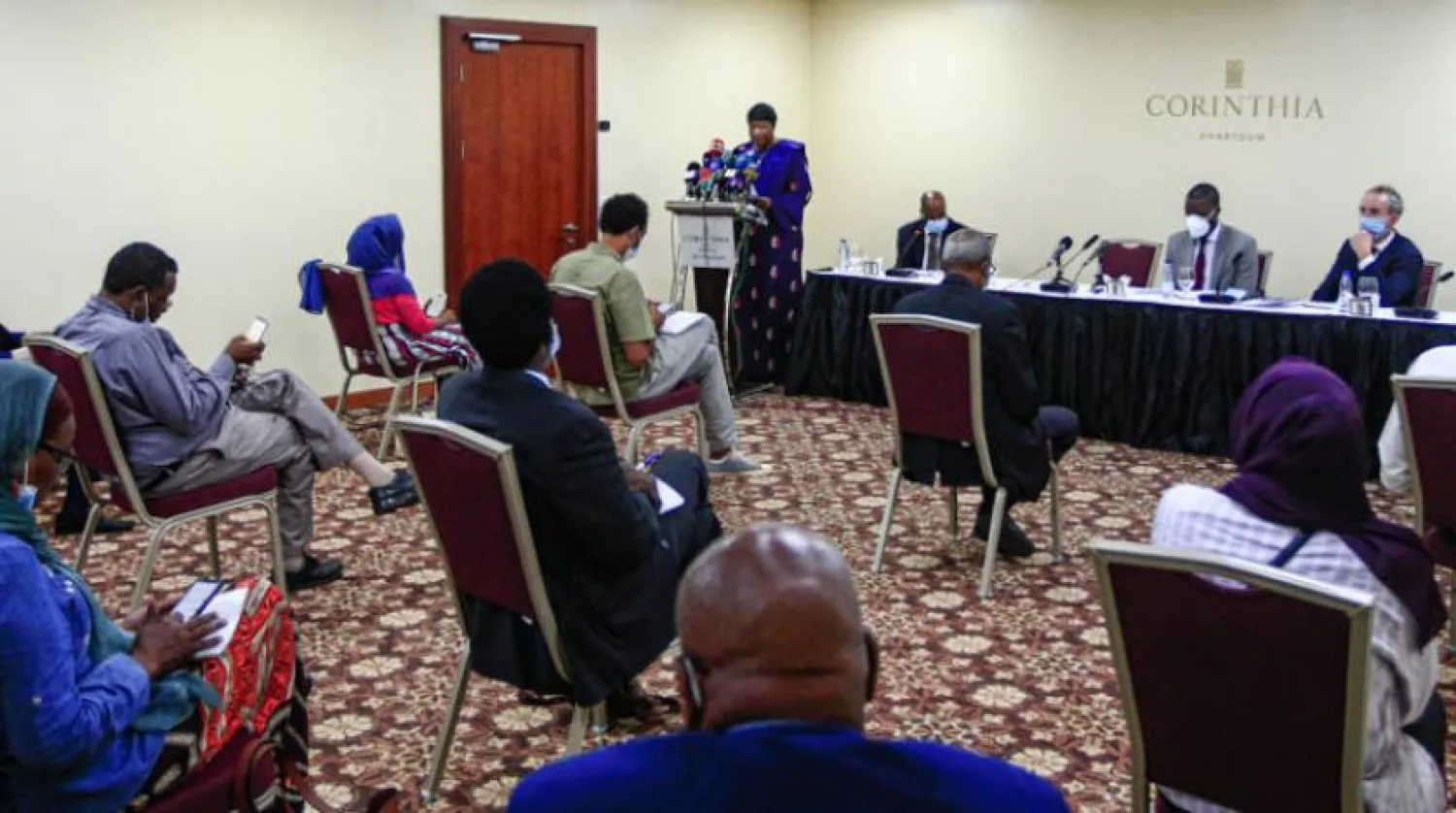The International Criminal Court (ICC) prosecutor has urged the UN Security Council to pressure Sudan into allowing access for investigators to conduct a probe in the Darfur region.
"I reiterate this call and urge this Council to impress upon Sudan the urgent need for my investigators to access its territory and in particular, to conduct investigative missions in Darfur without further delay," Fatou Bensouda said in a briefing.
Bensouda said that she stressed, during her trip to Sudan in October, the urgent need for ICC investigators to be given access to the territory of Sudan.
"It had been my hope that my team would have traveled to Sudan in November for an operational assessment mission to pave the way for fully-fledged investigative activities immediately thereafter. Unfortunately, this mission was postponed at the request of the Sudanese authorities."
Unless the mission is rescheduled soon, the ICC investigators risk losing a golden opportunity to directly engage with victims and witnesses, for the first time and to ensure their evidence is made available to the judges at Ali Muhammad Ali Abd-Al-Rahman's confirmation of charges hearing, scheduled for Feb. 22, she said.
Abd-Al-Rahman, also known as Ali Kushayb, was transferred to the ICC in June following his voluntary surrender to the authorities in the Central African Republic.
He made his initial appearance before an ICC pre-trial chamber the same month. The confirmation of charges hearing was set to be held on Dec. 7, but has since been postponed to Feb. 22.
Security Council Resolution 1593, passed in 2005, referred the Darfur situation to the ICC prosecutor and called on the Sudanese government and other parties to the conflict to cooperate fully with the court and its prosecutor.









